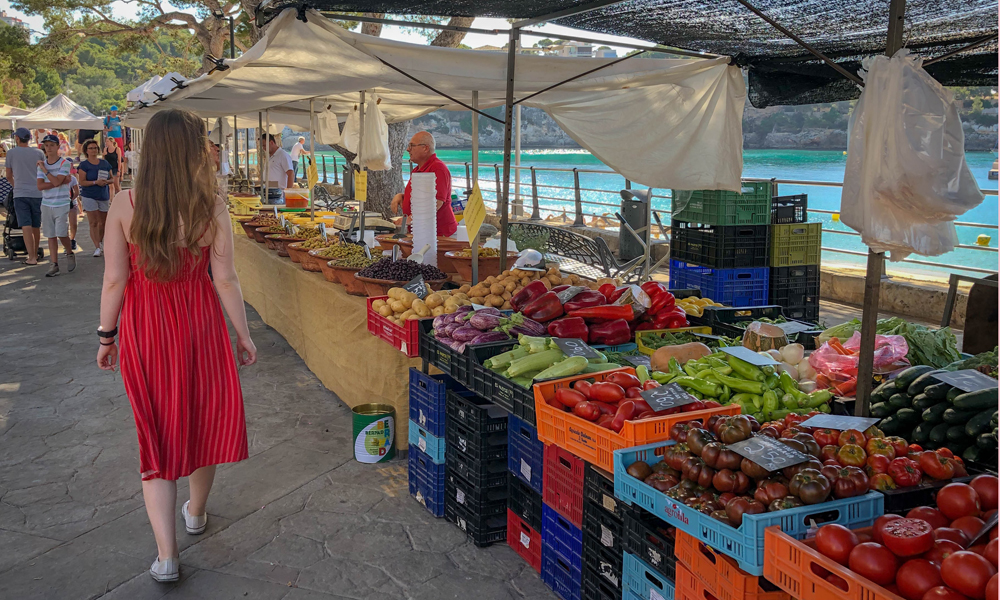7 ways to eat more sustainably that’ll boost your health, too…
By Karen Kwan
You can make a difference for the planet with the choices you make in what you eat. Small changes that you can probably easily adopt into your routine will be good for Mother Nature, and often are good for your health, too. It can be an intimidating endeavour, but you don’t have to become a zero-waste household tomorrow. Simple adjustments to how you approach your diet can add up quickly, and these baby steps can lead to an even greener lifestyle down the line. But first, start small with these easy eco diet updates.
1. Opt for sustainable ingredients
Do a bit more research about a product before purchasing it. Sustainable ingredients have a minimal impact on the environment. When buying seafood, think about whether it is farmed or fished. Are the foods harvested in a way that doesn’t harm natural bodies of water or call for disrupting ecosystems?
2. Eat more plants
The latest update to Canada’s Food Guide recommends eating more plants in your diet – and not only is this more healthy for you, it’s great for the planet. Meat consumption leads to the release of greenhouse gases, which leads to climate change. Eating more plants in your diet helps to slow this process.
3. Be selective about the meat you do consume
Look for meat that comes from farms where the livestock are fed grass and are free range. Learn about the farms that supply the meat you buy, and avoid ones that overfarm or overfish.
4. Focus on fewer processed foods
The convenience and taste of many packaged foods make them irresistible. While you don’t have to cut them out of your diet entirely, shop more heavily for fresh foods; packaged, processed foods are less kind to the planet thanks to the impact of the actual production of these foods.
5. Pay attention to packaging options
How your food is packaged impacts the planet, too. For your grocery shopping, invest in reusable totes and produce bags, and before you add something to your shopping cart, remember that a plastic bag to carry it home will take 10 to 20 years to decompose. Prefer meal-kit delivery services? Consider what type of packaging they use, and find out if they recycle any of the bags or containers the meals come in. And it goes without saying: ditch your plastic water bottle habit. These bottles can take 450 years to decompose.
6. Grow your own produce
Not everyone has a yard for a garden, but many of us can grow a small herb garden either on our balcony or as indoor potted plants. With your own herbs, you can quit your weekly herb purchases, the ones in individual plastic packages. Plus, you can be confident that your herbs are organic.
7. Shop your local farmers’ market (or markets!)
The goods you get at the farmers’ market will be local and fresh. Supermarket produce, on the other hand, has made a long journey. A grocery store apple, for example, is on average 14 months old. Wouldn’t you rather bite into a freshly picked apple from the orchard you can easily drive to from the city? Plus, fresher also means more packed with nutrients.
—
KAREN KWAN is a freelance health, travel and lifestyle writer based in Toronto. Follow her on Twitter at @healthswellness and on Instagram at @healthandswellness.







POST A COMMENT